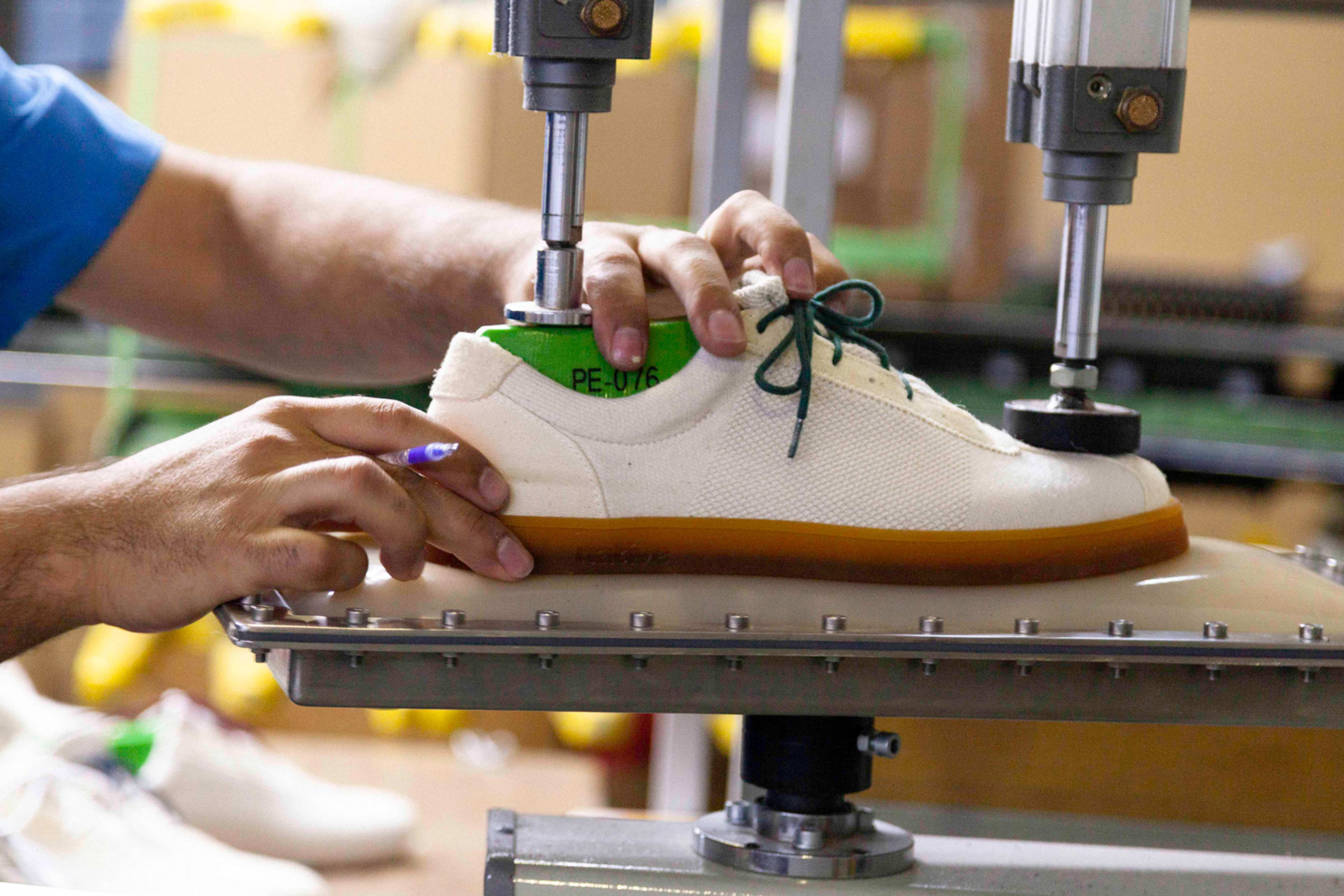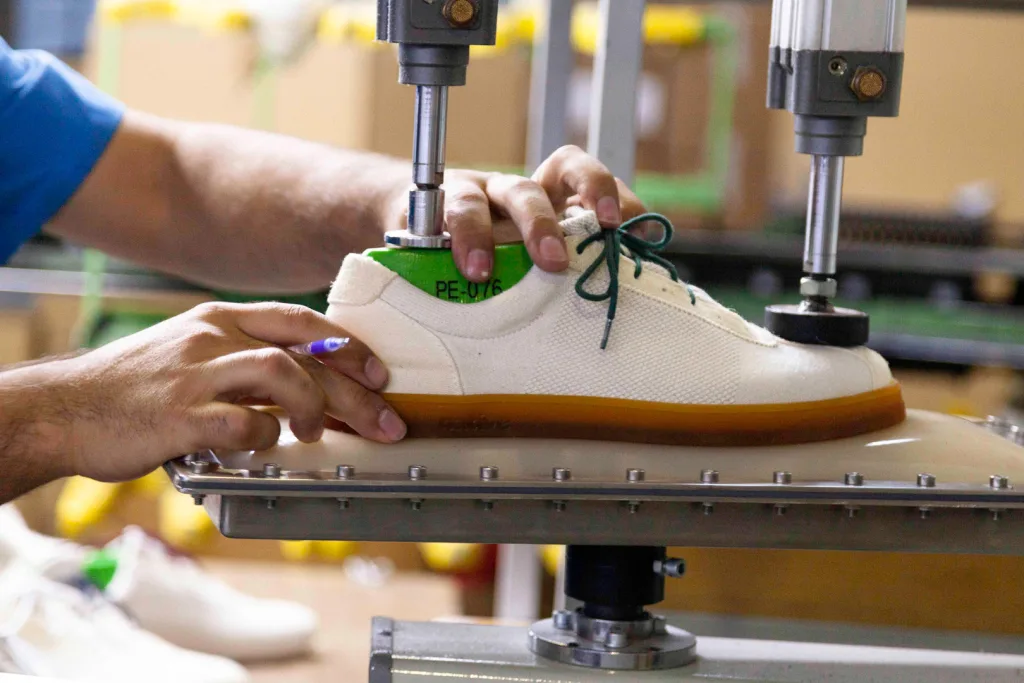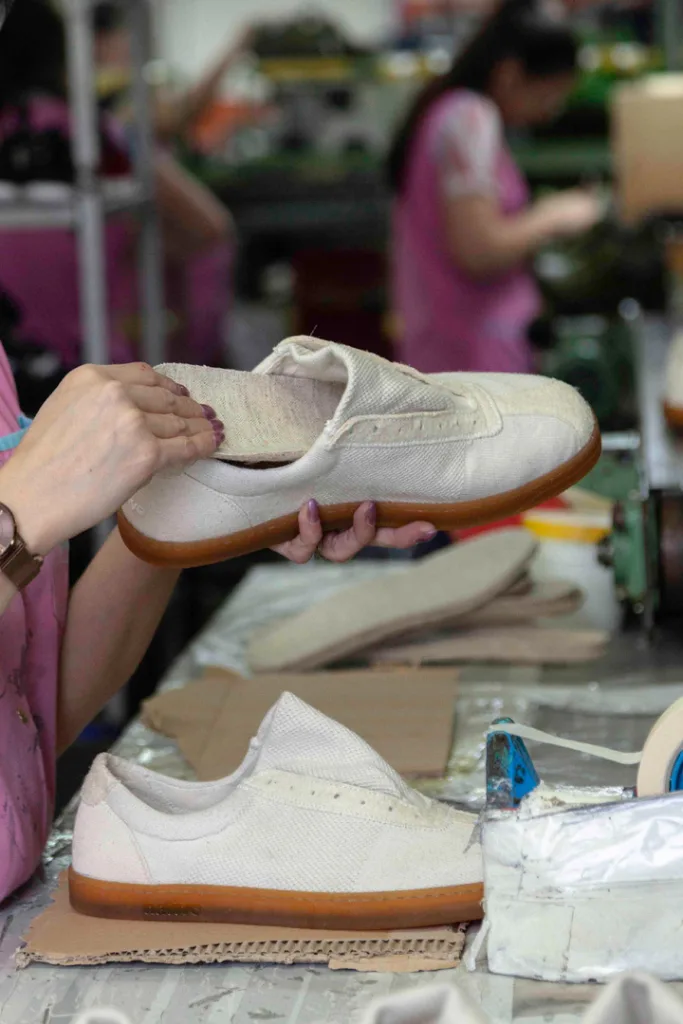Look down at your feet. Your shoes might seem an innocuous, but they contain lots of forms of plastic, and often leather, giving them their own sizeable carbon footprint. As all companies try to limit their plastic use, shoe manufacturers are trying to design new shoes with lower embedded emissions. Canadian shoe company Native Shoes is doing it by making a shoe that’s entirely biodegradable, because every component is made from plant material.
Their new, appropriately named Plant Shoe is made entirely from durable and natural fibers, including pineapple husk for the toe and tread made from the fibrous vegetable jute, soaked in olive oil. “That was the puzzle–how could we get an entire shoe to be biodegradable?” says Mike Belgue, Native’s creative director.
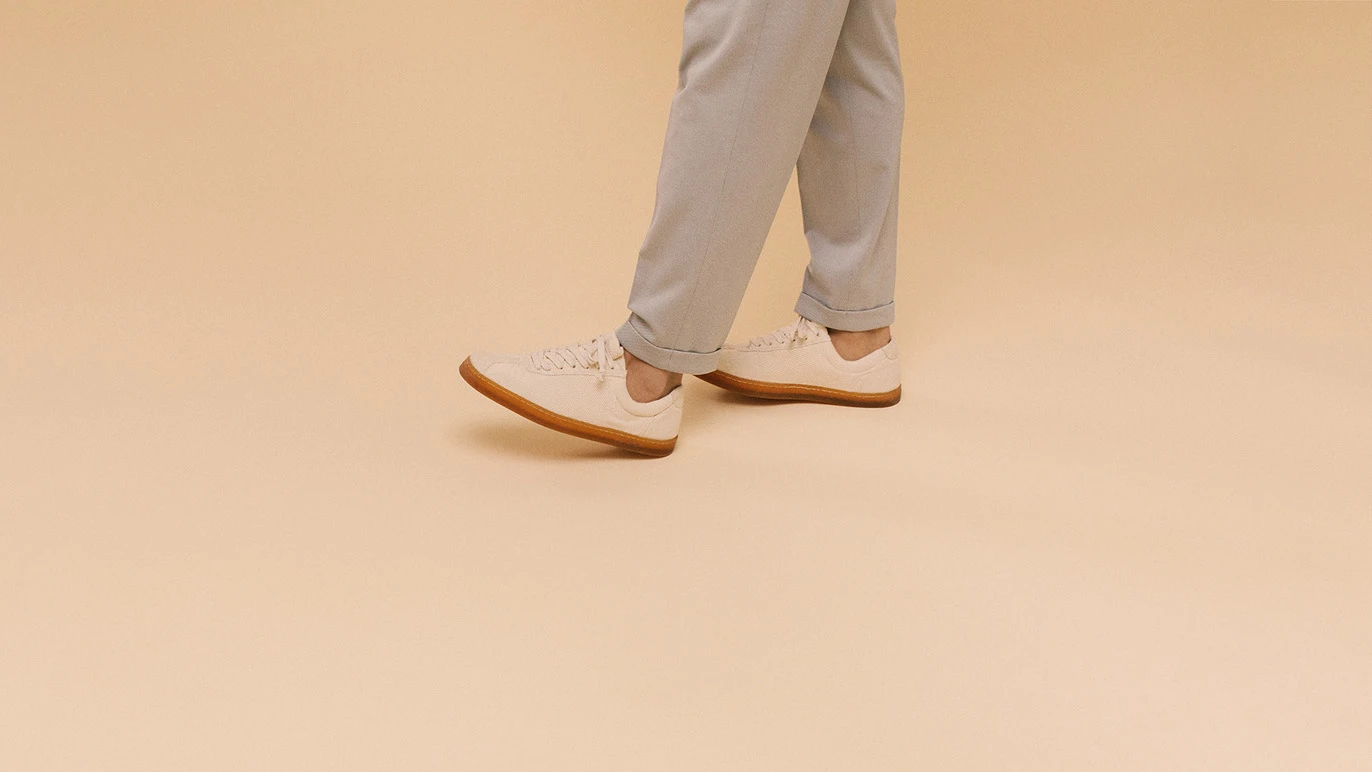
With this new development, Native wants to push the conversation around what’s possible in creating sustainable footwear. Numerous other brands, like Allbirds and Everlane, have pioneered sneaker-manufacturing tactics that are more sustainable than the traditional leather and rubber combination that’s known to be environmentally intensive. Everlane, for instance, sources recycled plastic bottles to make its sneakers, and Allbirds uses innovative eucalyptus fibers and sugarcane to form its classic runners. A new Adidas concept shoe can be shredded and fully recycled into a whole new shoe.
Native, which is based in Vancouver, has used focused, unique shoe manufacturing techniques since its founding in 2009. It crafts sneakers from ethylene vinyl acetate (or EVA, the same material used in crocs) that can formed into a mold, and last year, the brand launched an initiative to recycle those shoes by grinding them up and creating a fresh stream of material that can be repurposed as flooring or insulation. So far, they’ve recycled around 40,000 pairs, and will start to use the ground-up material to make new shoes in the near future.
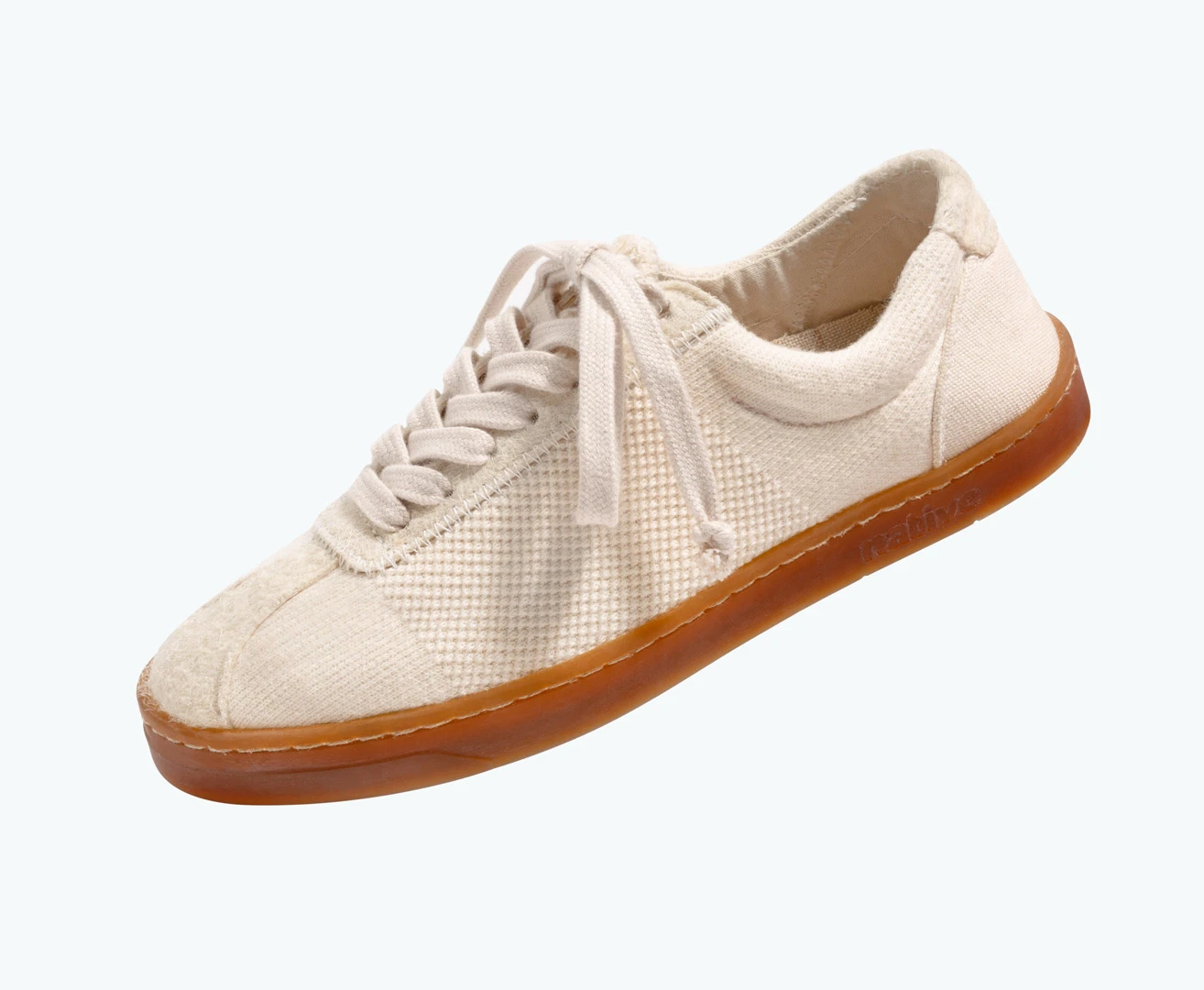
Native began the process to design a fully plant-based and biodegradable shoe in 2017. The hardest part, Belgue says, was figuring out the sole and the construction. They identified one sole manufacturer, Reltex, which is based in the French Alps and creates shoe soles from the sap of rubber trees. The interior sole of the shoe is made from eucalyptus pulp. Replacing the synthetic foam that usually makes up the insole of a shoe, Native uses a combination of felted kenaf (a species of hemp) and corn. The upper part of the shoe is made from organic knit cotton, and the trim, like the toe-tab, is composed of pineapple husks.
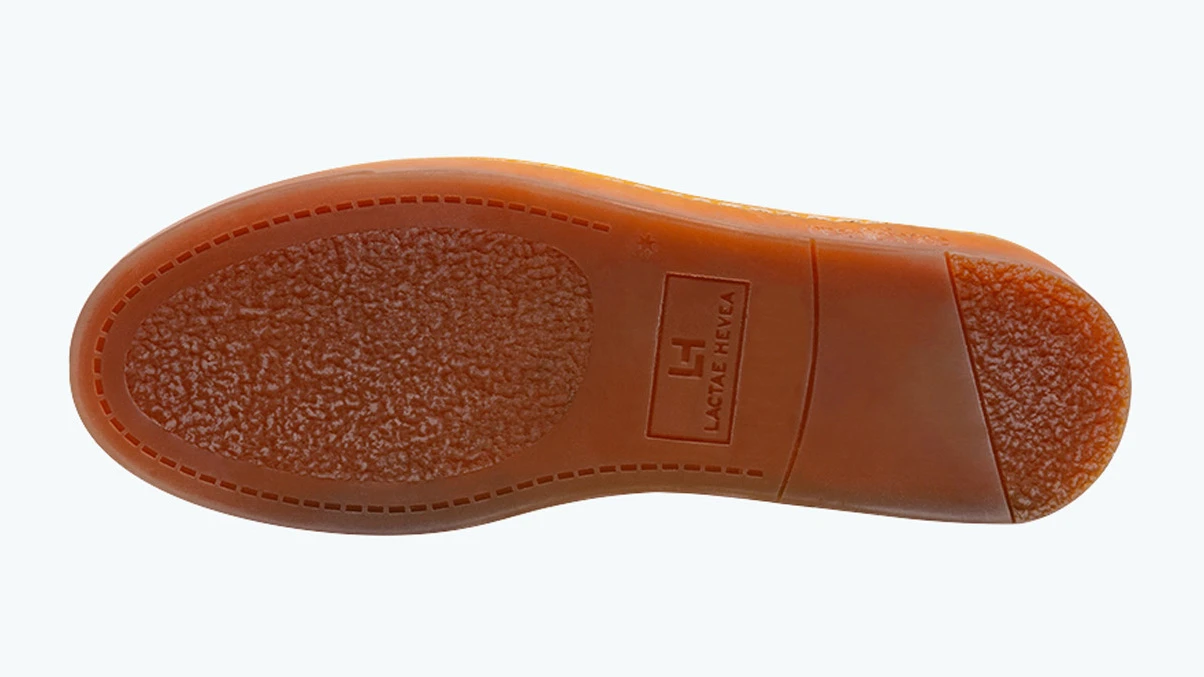
“The sneaky part is how it all comes together,” Belgue says. Traditionally, sneakers are held together with a glue that’s derived from horses or from non-animal-derived adhesives that are petrochemical heavy and would not biodegrade. So Native opted to have the shoes stitched in their manufacturing facility in Portugal with locally sourced braided jute, soaked in olive oil for suppleness. Stitching is a more labor-intensive process, which accounts—along with the innovative materials—for the shoes’ price point ($200).
“There’s nothing that’s incredibly new in the materials, but it’s very new how we were able to put them all together and find solves for the whole manufacturing process,” Belgue says.
The Plant Shoe, he adds, will eventually wear down, as all shoes do. But instead of tossing this pair in the trash at the end of its life, it can go in a compost bin, where, once they’re exposed to bacteria and natural composting agents, they will start to break down in around 45 days. And because the whole thing is made with no chemicals or synthetic additives, it won’t harm the planet as it does so.
Recognize your company's culture of innovation by applying to this year's Best Workplaces for Innovators Awards before the extended deadline, April 12.
